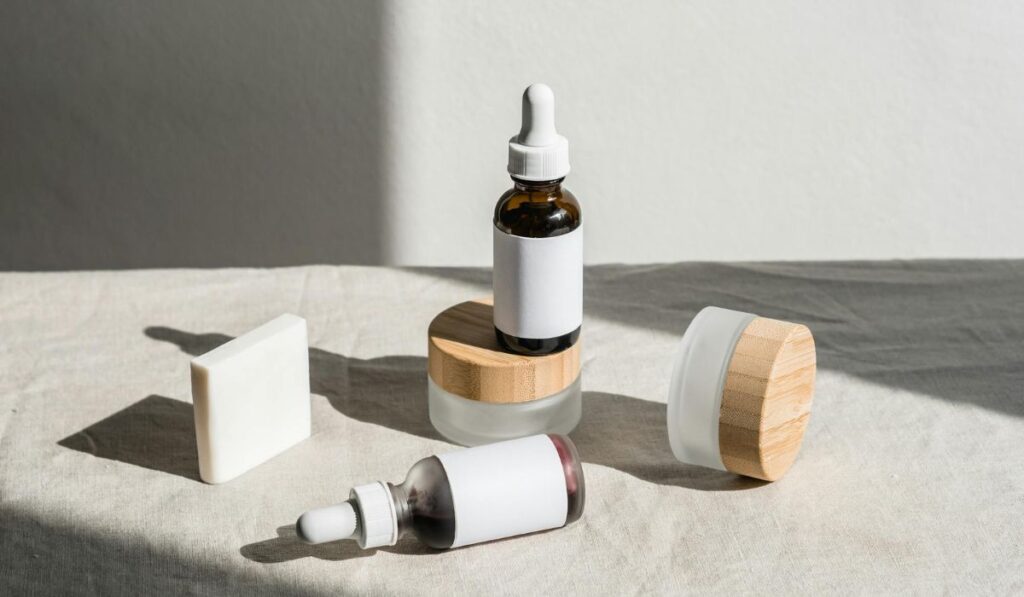
Creating a standout skincare product isn’t just about mixing ingredients; it’s about mastering the art and science of product formulation. Whether you’re new to the game or have some experience under your belt, these tips will help you unlock the full benefits of expert product formulation, leading to products that truly make an impact.
1. Start with a Clear Goal
The first step in successful product formulation is knowing exactly what you want to achieve. Are you aiming to create a hydrating moisturizer, an anti-aging serum, or a calming cream for sensitive skin? By clearly defining the purpose of your product, you can focus your efforts on selecting the right ingredients and crafting a formula that meets your specific goals.
Why It Matters: A clear goal ensures that every step in the product formulation process is intentional, leading to a final product that effectively addresses your customers’ needs.
2. Choose the Right Ingredients
In product formulation, ingredient selection is critical. You want to choose ingredients that not only work well on their own but also complement each other in the formula. For instance, hyaluronic acid is a fantastic choice for hydration, while ingredients like salicylic acid are key for addressing acne. When choosing ingredients, it’s important to understand their properties and how they’ll contribute to the overall product.
Why It Matters: Selecting the right ingredients can elevate your product formulation, making it more effective and appealing to consumers who are familiar with and trust certain ingredients.
3. Understand How Ingredients Interact
One of the most important aspects of product formulation is knowing how different ingredients will interact with one another. Some ingredients can enhance each other’s effectiveness, while others may not work well together. For example, Vitamin C can be paired with ferulic acid to boost its stability and effectiveness, but it may degrade when combined with certain other ingredients.
Why It Matters: Understanding ingredient interactions is crucial for creating a product formulation that is not only stable but also maximizes the benefits of each component.
4. Focus on Texture and Feel
The texture and feel of a product are just as important as its efficacy. During the product formulation process, consider the end-user experience. Whether you’re creating a light serum, a rich cream, or a gel-based cleanser, the texture should match the product’s intended use and the skin type it’s designed for.
Why It Matters: A product that feels good on the skin is more likely to be used consistently, which means better results for the user and a higher likelihood of repeat purchases.
5. Test and Refine Your Product Formulation
After developing your initial product formulation, it’s essential to test and refine it. Stability tests can ensure the product maintains its integrity over time, while patch tests can identify potential allergens. Additionally, gathering feedback from users can help you tweak the formula to better meet customer expectations.
Why It Matters: Testing and refining your product formulation ensures that by the time your product reaches the market, it’s as effective, stable, and user-friendly as possible.
6. Stay Updated on Industry Trends
The skincare industry is always evolving, with new trends, ingredients, and technologies emerging regularly. Staying informed about these developments allows you to incorporate the latest innovations into your product formulation, keeping your offerings fresh and competitive. For example, the increasing demand for “clean beauty” has led to a focus on formulations free from synthetic chemicals.
Why It Matters: Staying on top of trends helps you create product formulations that are relevant and appealing to a modern, informed customer base.
7. Incorporate Sustainability in Product Formulation
Sustainability is becoming a key consideration in skincare product formulation. Consumers are increasingly looking for products that not only deliver results but also minimize environmental impact. This means using sustainably sourced ingredients, eco-friendly packaging, and considering the overall environmental footprint of your product formulation process.
Why It Matters: Prioritizing sustainability in your product formulation can boost your brand’s reputation and attract consumers who value ethical, eco-friendly products.
Conclusion
Creating a successful skincare product is about more than just mixing ingredients together. It’s about mastering product formulation through a combination of science, creativity, and a deep understanding of your target audience. By following these skincare formulation tips, you can create products that not only meet your customers’ needs but also stand out in a crowded market. With Bellus, you have the expertise and support to perfect your product formulation and bring your skincare vision to life.








